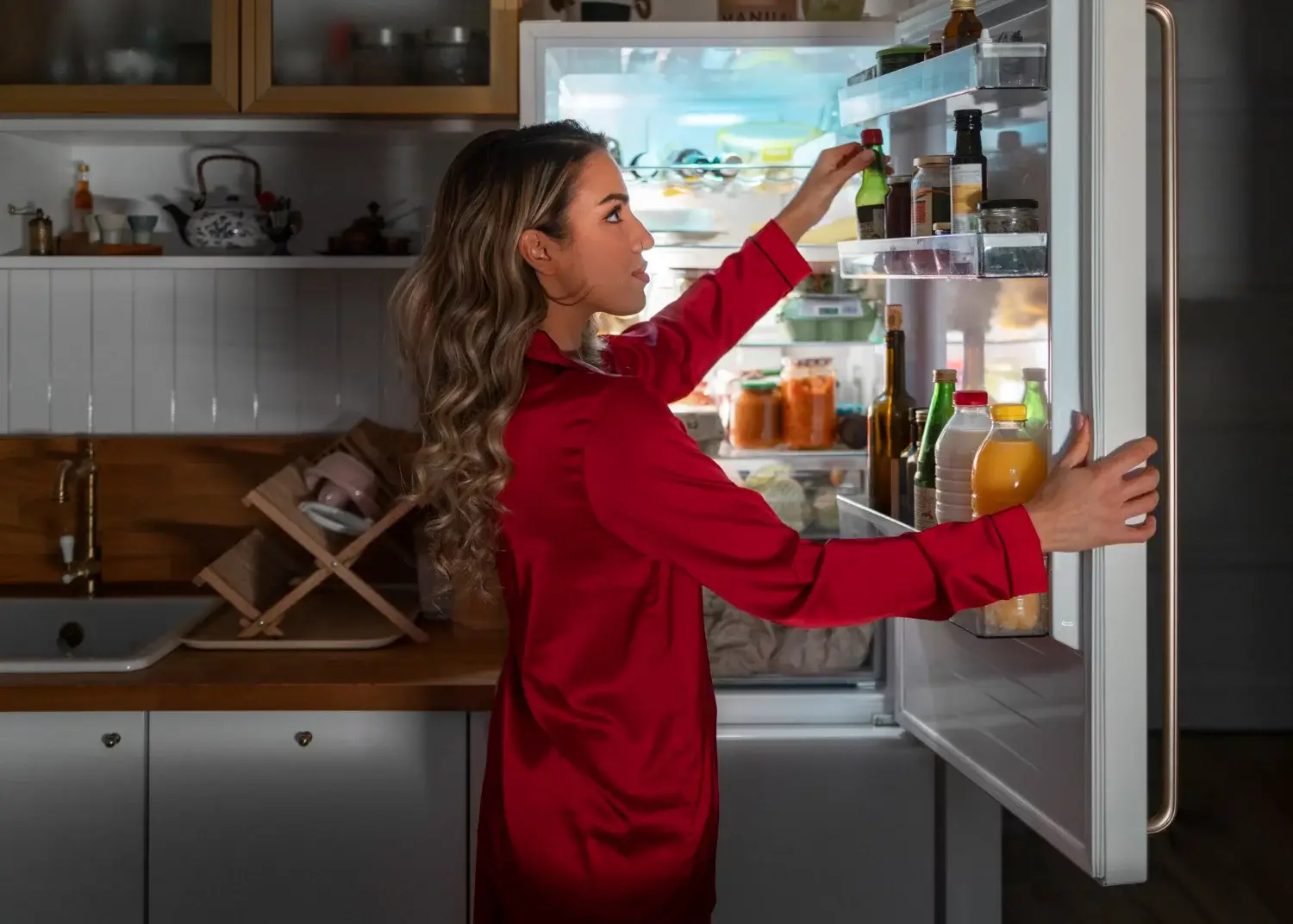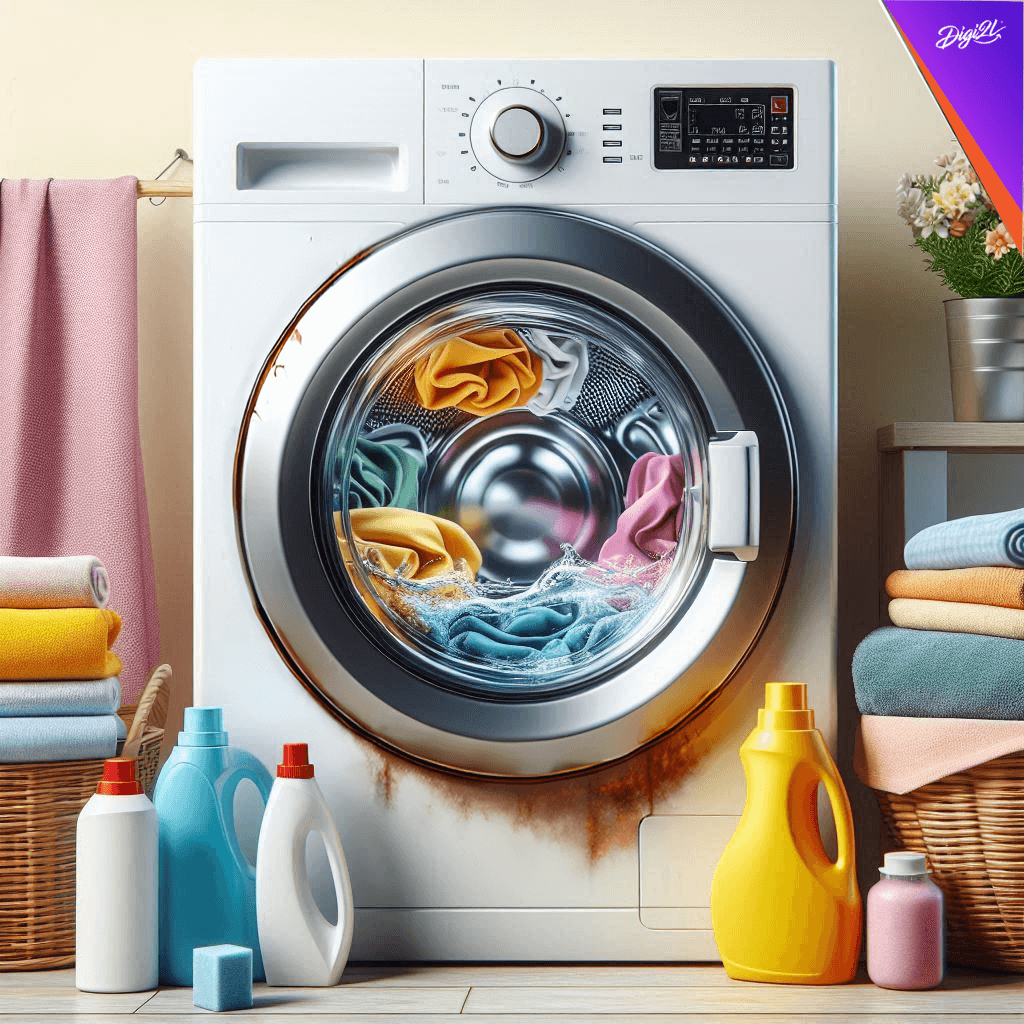
Please Wait ...


Blogs> Demystifying Refrigerants: What Gas Powers Your Modern Refrigerator?

The refrigerator, a ubiquitous appliance in our homes, has come a long way from its humble beginnings. Modern refrigerators owe their cooling prowess to a specific gas that plays a crucial role in keeping our food fresh and drinks chilled. In this blog, we’ll explore the gas used in refrigerators nowadays, shedding light on its properties, benefits, and the environmental considerations that come with it.
The Refrigerant: HFC-134a
The gas that commonly powers modern refrigerators is known as HFC-134a, which stands for Hydrofluorocarbon-134a. This refrigerant gas has replaced older, ozone-depleting substances in an effort to reduce the environmental impact of cooling technologies. HFC-134a is a colorless, odorless gas that offers efficient cooling properties, making it an ideal choice for refrigeration.
Why HFC-134a?
Efficient Cooling: HFC-134a is highly effective at absorbing heat and facilitating the cooling process. This efficiency ensures that your refrigerator maintains the desired temperature to keep your food fresh and safe.
Environmental Considerations: HFC-134a is considered an environmentally friendlier option compared to some of the older refrigerants. It has a significantly lower impact on ozone depletion potential, which is a major environmental concern.
Global Warming Potential: While HFC-134a is an improvement in terms of ozone depletion potential, it still has a certain level of global warming potential. However, ongoing efforts are being made to develop even more sustainable alternatives with lower environmental impacts.
Future Innovations
As the world becomes increasingly conscious of the environmental implications of various gases, the refrigeration industry continues to evolve. Researchers and scientists are exploring alternative refrigerants with even lower environmental impacts. These alternatives aim to strike a balance between efficient cooling performance and minimal harm to the environment.
The gas used in modern refrigerators, such as HFC-134a, underscores the advancements in both technology and environmental awareness. As consumers, we benefit from the efficient cooling capabilities of HFC-134a while contributing to a reduction in harmful emissions. However, it’s essential to stay informed about ongoing developments in refrigerant technologies and their impact on our planet. The evolution of refrigerator gases showcases how innovation and responsible choices can coexist, resulting in appliances that keep our food fresh and the environment healthier.
Image by Freepik

By Digi2L - June 8, 2024

By Digi2L - June 7, 2024

By Digi2L - June 6, 2024